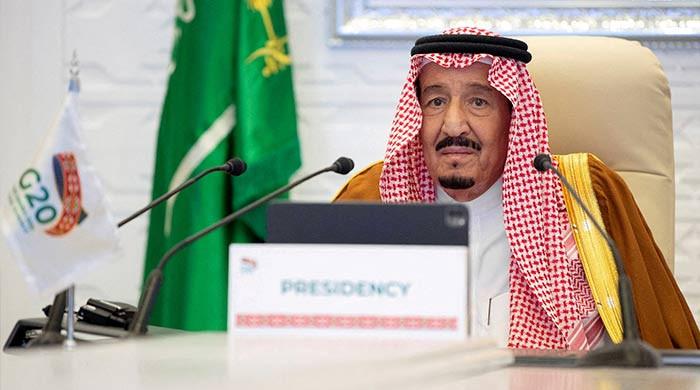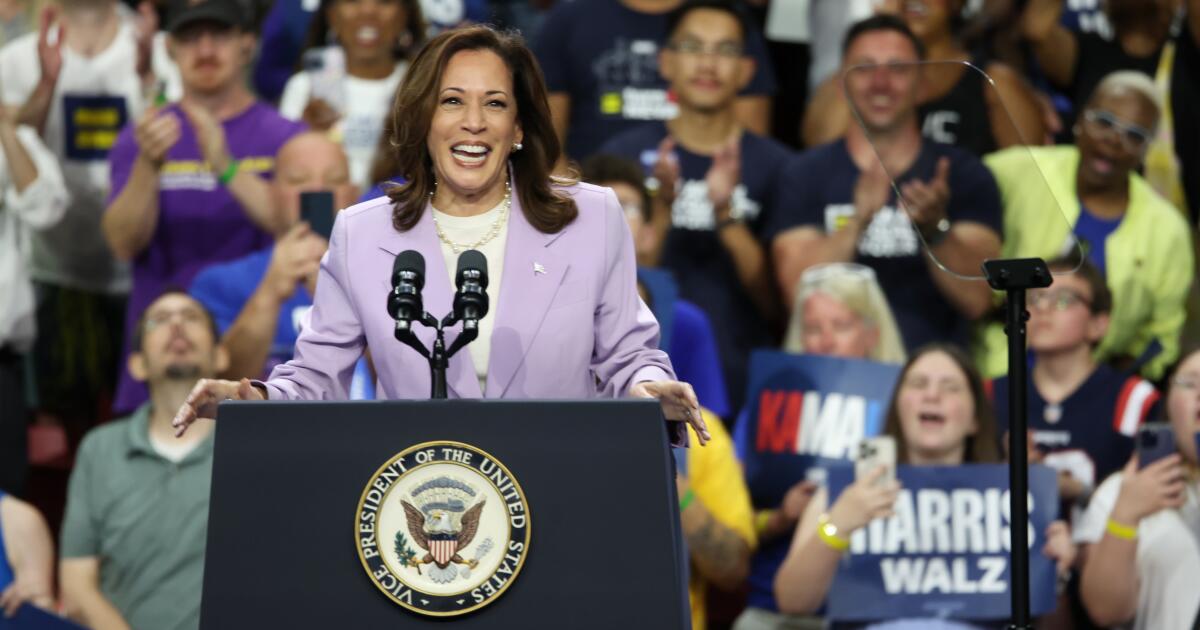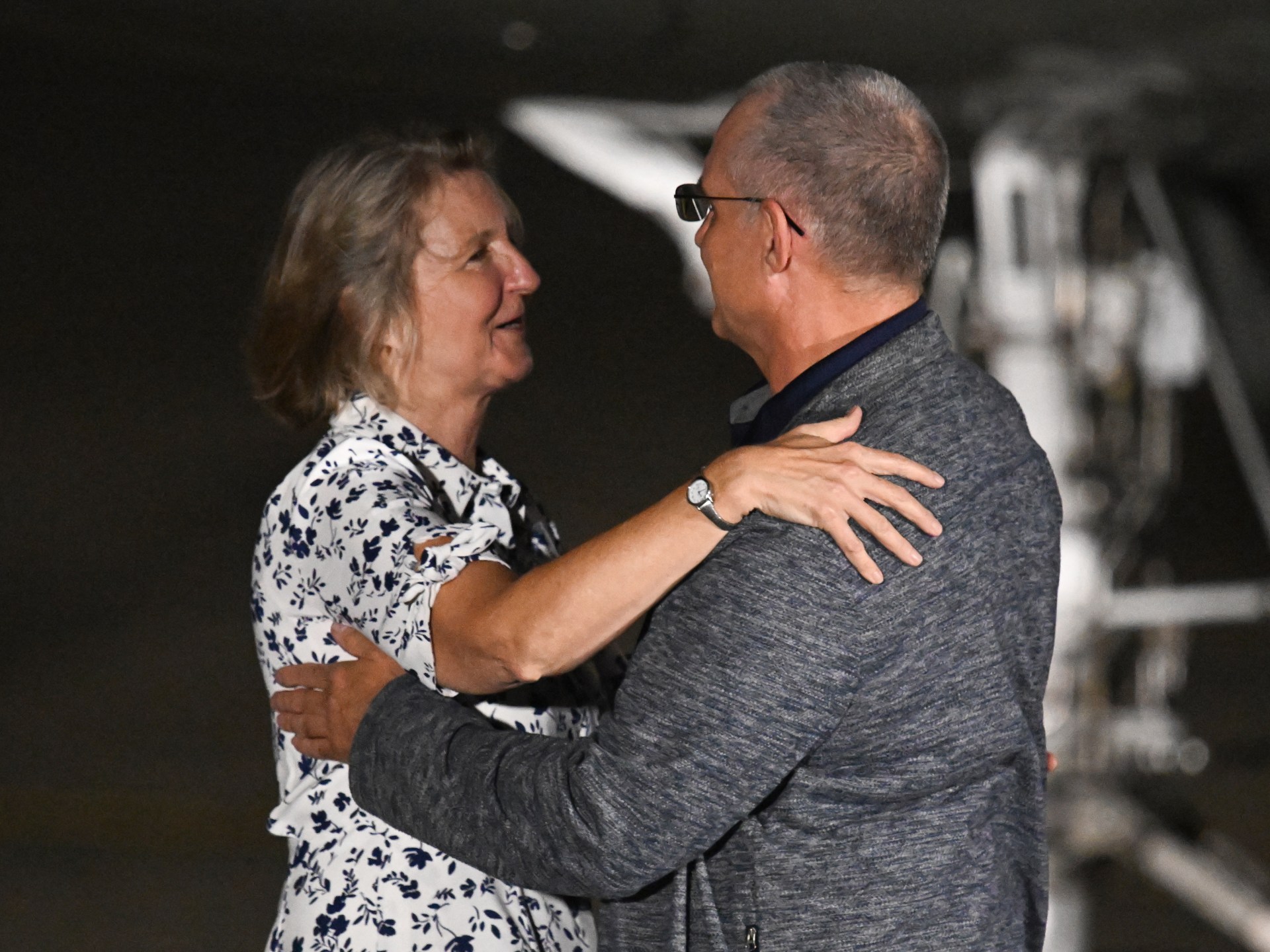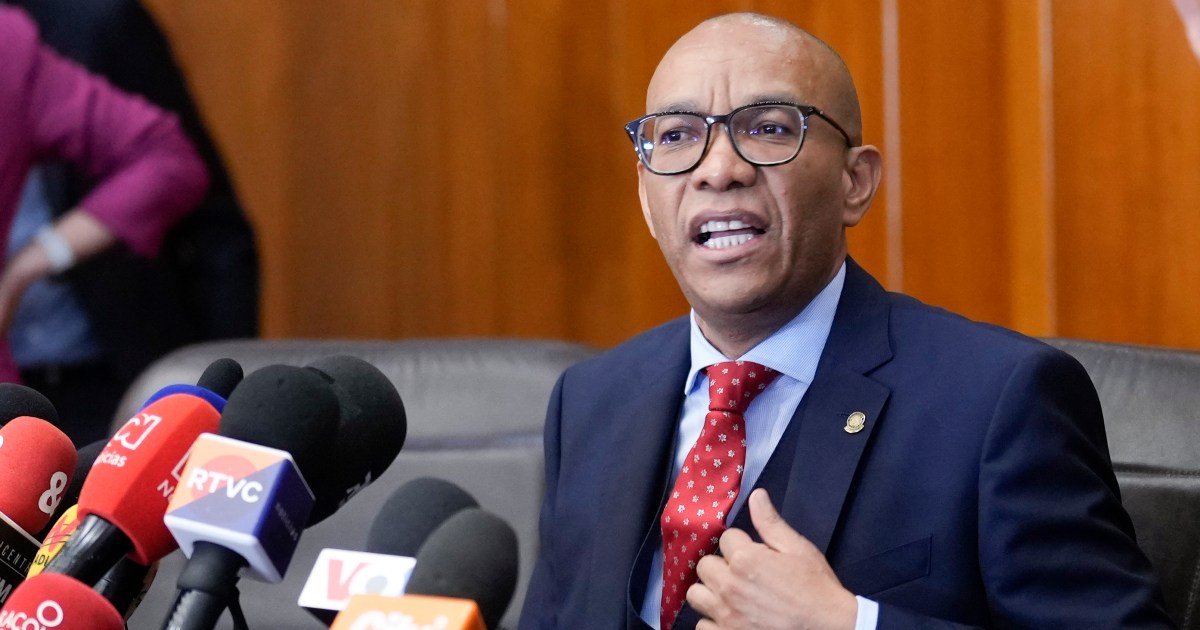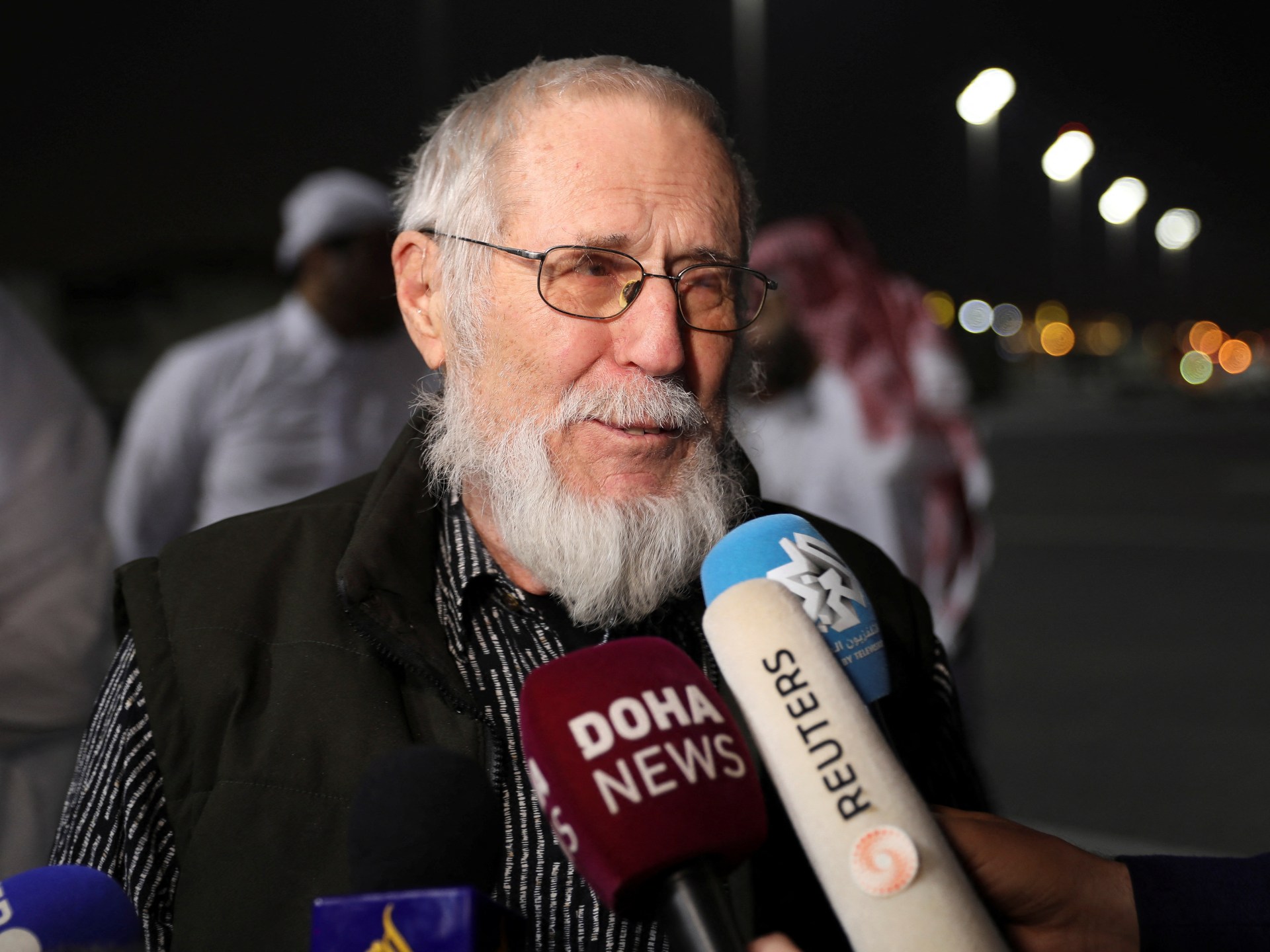These days one of the most talked about news in the United States is the resignation of the president of Harvard University, Claudine Gay.
Yet while Harvard and its leaders focus on the media, Palestinians continue to be killed by US-supplied bombs and buried under the rubble of their homes, schools, mosques and hospitals.
While Harvard Yard is filled with speculation about the career of a millionaire academic, two million Palestinians are displaced by mass bombings aimed at ethnically cleansing Gaza.
Amid attempts to distract us from an actualized genocide whose targets include families of Harvard students, those of us who stand in solidarity with Palestine remain subject to relentless attacks.
In fact, while hundreds of university intellectuals mobilized to sign a letter addressed to the Harvard Corporation in support of Gay – the same president who spent weeks denouncing students who were protesting in solidarity with the victims of the current Nakba –, barely we receive minimal support.
The letter, urging the Harvard Corporation “in the strongest possible terms to defend the independence of the university and resist political pressures,” received widespread national media attention.
In the end, however, this effort by Harvard professors not only failed to save Gay's work but also failed to translate into any meaningful support for those of us who stood in solidarity with Palestine and refused to be cowed. While Palestinians in Gaza and the rest of the occupied territories are subjected to unfathomable conditions, relentless killings, and irreversible destruction, at Harvard the condemnation continues to be wrongly assigned to students organizing for justice in Palestine. Leading professors seem willing to endorse only Gay, who, despite not reciting the exact script demanded by the Zionists, still classifies our activities in support of liberation as “abhorrent.”
When solidarity is reserved for elite academics during an active genocide and there is only limited activity to demand that Harvard end its complicity, or even simply protect students who support the oppressed, we have a problem. When a Trump backer's rhetorical trick is not challenged and the harmful premise that students calling for an end to an actual genocide are somehow calling for a hypothetical genocide is not rejected, we have a problem. When some move to preserve “free inquiry” but avoid recognizing the Palestinian exception to freedom of expression, we have a problem.
For years, many have called on Harvard to reveal and divest itself of its material complicity in what has been widely recognized as an apartheid regime. In recent months of particularly egregious censorship and threats to predominantly Muslim, Arab, Black and Brown students, we have been targeted on campus.
A student-compiled list of more than 70 incidents includes: a woman in a hijab being chased by someone wielding a knife; doxing via billboard truck while targeted students face job losses, evictions, and academic sanctions; frivolous police reports against visibly Muslim students; and students followed and harassed for wearing a keffiyeh (by the wife of a Harvard professor who signed the letter in support of Gay). During her limited tenure, which she was able to make various Zionist claims in the public and private spheres, President Gay did not acknowledge a single one of these incidents; not even behind closed doors, when there were rare opportunities for Muslims to express their pain.
During the fall semester, victims of anti-Palestinian and anti-Muslim racism found little support from the majority of faculty signatories to the letter to the Harvard Corporation. Only about 10 percent of the 764 signatories joined an open letter calling on Gay to acknowledge the suffering of Palestinians and denounce the silencing of supporters of Palestinian liberation (which she has never done, not even in her article of opinion after his resignation). Not even the murder of more than 100 relatives of a single Palestinian student at Harvard Law School has been enough to arouse the sympathy – much less the anger – of this institution.
There is a need to acknowledge widespread anti-Black racism and speak out against the bigotry that motivated Gay's ouster, even as his administration perpetuated its own modes of injustice against marginalized communities. It is also necessary to recognize that, following a previous smear campaign by a billionaire tycoon against a black student protester and a Muslim security marshal, Gay would succumb to this hateful campaign and release an email to notify the public that these students are being investigated by local police and the FBI.
While Gay has the backing of hundreds of teachers in a bid to save his elite position, Elom Tettey-Tamaklo was quickly stripped of his job as a residential assistant, with minimal protest. The then president of Harvard even condemned the liberating phrase “from the river to the sea” Palestine will be free, in communication to the entire Harvard community. Although prominent intellectuals attempted to rescue Gay under the claim of freedom of expression, many caused disappointment by ignoring Harvard's abandonment of its students who spoke for a free Palestine.
Now, will these Harvard professors join in supporting the crucial chapter of Faculty and Staff for Justice in Palestine?
The focus should be on understanding why many remain on the sidelines, while students who show solidarity with Palestine face smear campaigns ignored or supported by their universities, and others within these institutions mobilize only for a president who boasts to punish these students. Some at Harvard shamefully rationalize that they do not speak out against the Zionist genocidal campaign, refusing to use institutional privilege to pursue veritas in the most basic way. Even as the university attempts to restrict censorship speech and voices on behalf of Palestine, hundreds of professors, who happily signed an open letter in support of Gay, distance themselves from their students advocating for justice in Palestine.
As Palestinians are slaughtered, many of us at Harvard, through rhetoric and action, support their plight “from the river to the sea.” Yet elite academics and headlines only warn us against defending a president who credulously opened herself to a frivolous congressional hearing.
As grave injustice unfolds before our eyes, at the most basic level, Harvard – as one of the most influential institutions based in a nation that is the strongest ally of the Zionist project – must recognize Palestinian suffering.
It is time for institutions like ours to end their material and moral complicity in this oppression. Let this be the time when influential people in these spaces finally heed the calls to stand in solidarity with our movement to end the current Nakba, first and foremost.
The views expressed in this article are those of the author and do not necessarily reflect the editorial position of Al Jazeera.


